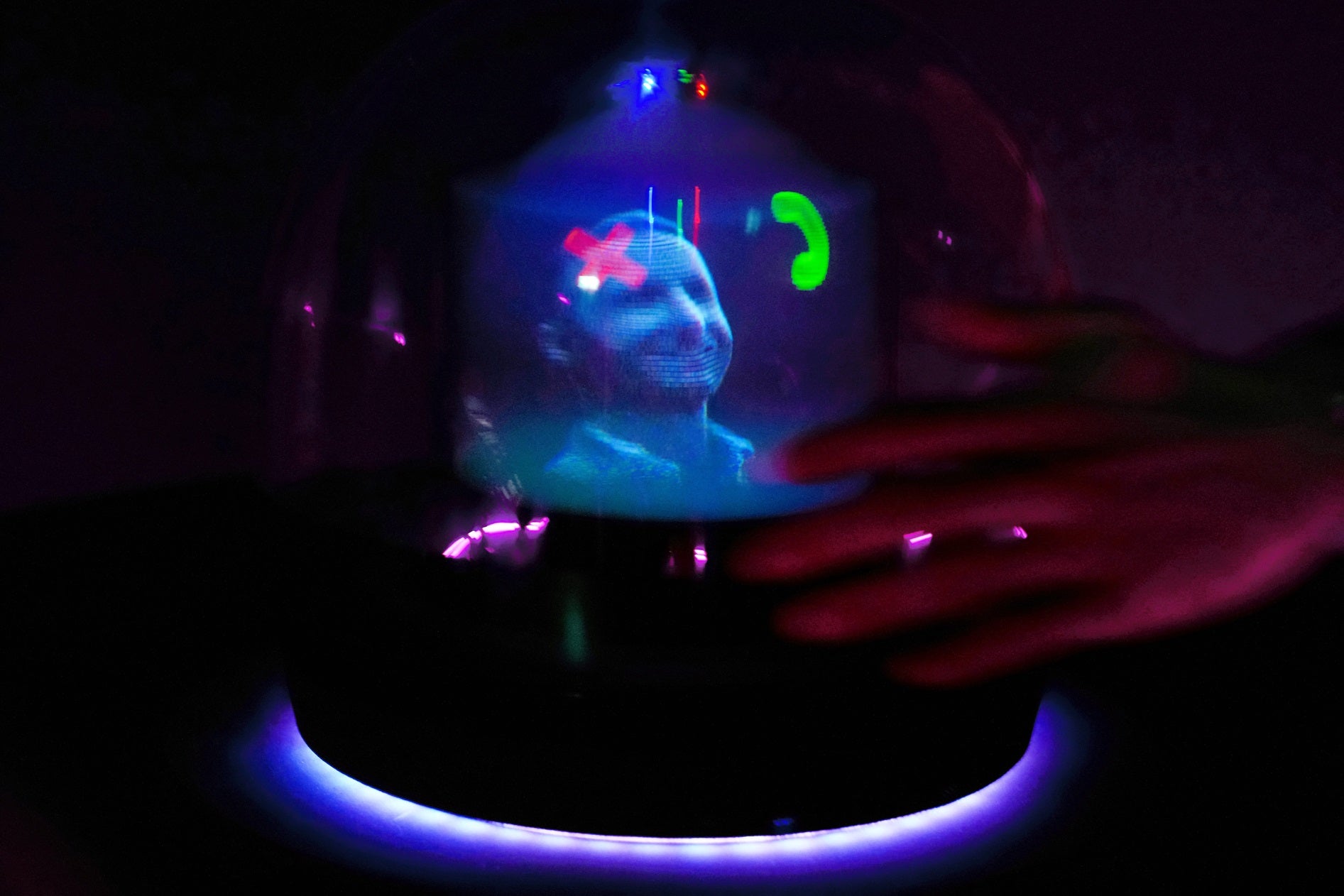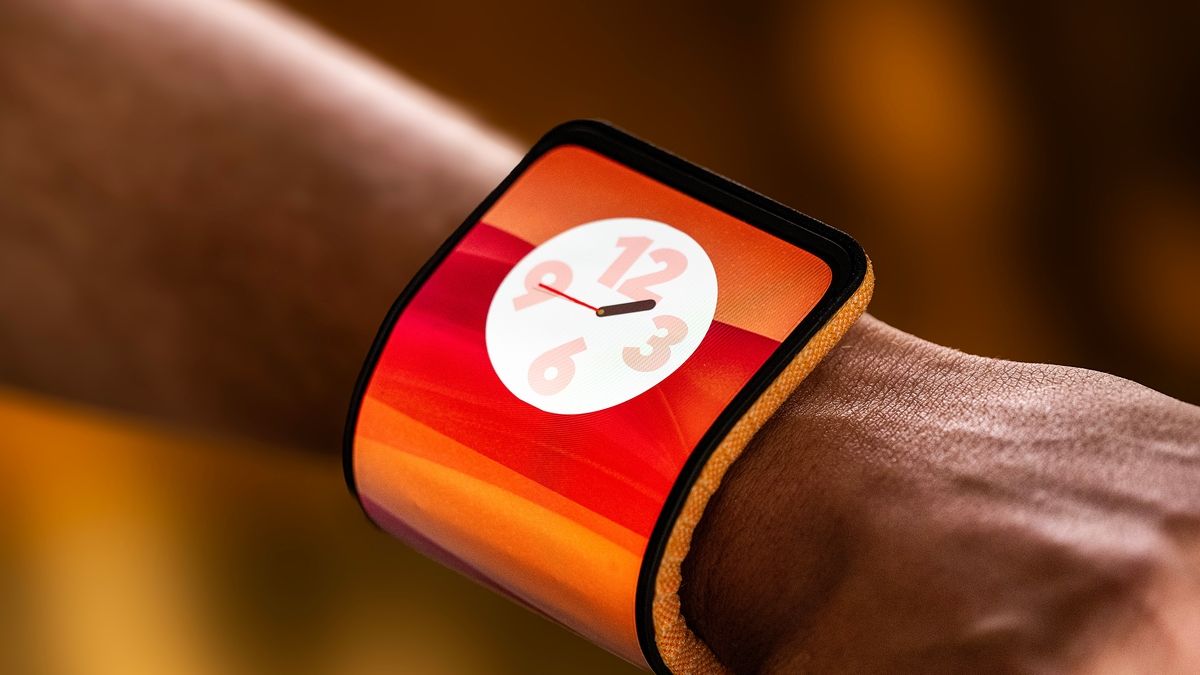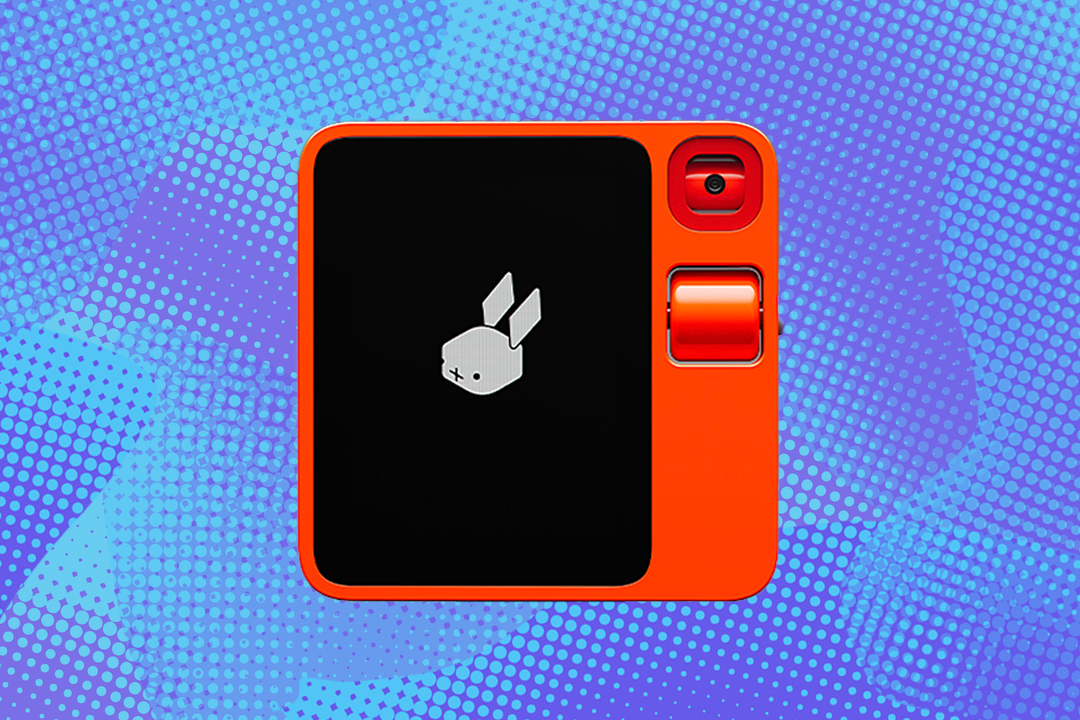New smartphone concept ditches apps for AI
New devices could herald new direction for the declining phone industry

A new era of smartphones could include devices that can wrap around a wrist and an end to traditional apps, according to concepts unveiled at the world’s biggest phone conference this week.
Motorola and Samsung both showed off flexible smartphones that can double as smartwatches at Mobile World Congress (MWC) in Barcelona on Monday, while Deutsche Telekom revealed a handset that ditches standard apps in favour of an AI assistant.
Working in collaboration with Qualcomm Technologies and Brain.ai, Deutsche Telekom’s ‘T-phone’ device reimagines how a user interacts with their device, with company executives claiming that traditional apps will be obsolete within the next decade.
“Artificial intelligence and the so-called Large Language Models (LLM) will soon be an integral part of mobile devices,” said Jon Abrahamson, chief product officer at Deutsche Telekom.
“With them we will improve and simplify the lives of our customers... A real companion in everyday life that meets needs and simplifies digital life.”

A lack of innovation has seen smartphone sales decline in recent years, with global shipments peaking in 2016 at 1.47 billion units. The latest figures from International Data Corporation (IDC) show that this figure fell to just 1.17 billion shipments last year.
This trend has led some analysts to claim that the world has already passed “peak smartphone”, with manufacturers now looking to reinvent the industry.
Other recent product launches have shown several potential directions for the post-smartphone era, ranging from screenless clips to simple square-shaped devices.
At the Consumer Electronics Show in Las Vegas last month, AI startup Rabbit unveiled its standalone R1 device, which uses an assistant similar to Amazon’s Alexa or Apple’s Siri to control everything from music and messages, to restaurant bookings and online shopping.

Leading phone makers like Apple, Samsung and Huawei are expected to continue launching upgrades to their smartphone ranges over the coming years, though generative AI will still likely have an impact on how they are used.
Qualcomm chief executive Cristiano Amon said in a recent interview with The Independentthat he believes artificial intelligence will fundamentally alter the relationship people have with their phones.
“We’re going to see this change to the app-centric user interface,” he said.
“Generative AI will be the interface between the human and the applications. We’re going to see the next big change in the industry when the cloud and the device just become one.”
Join our commenting forum
Join thought-provoking conversations, follow other Independent readers and see their replies
0Comments